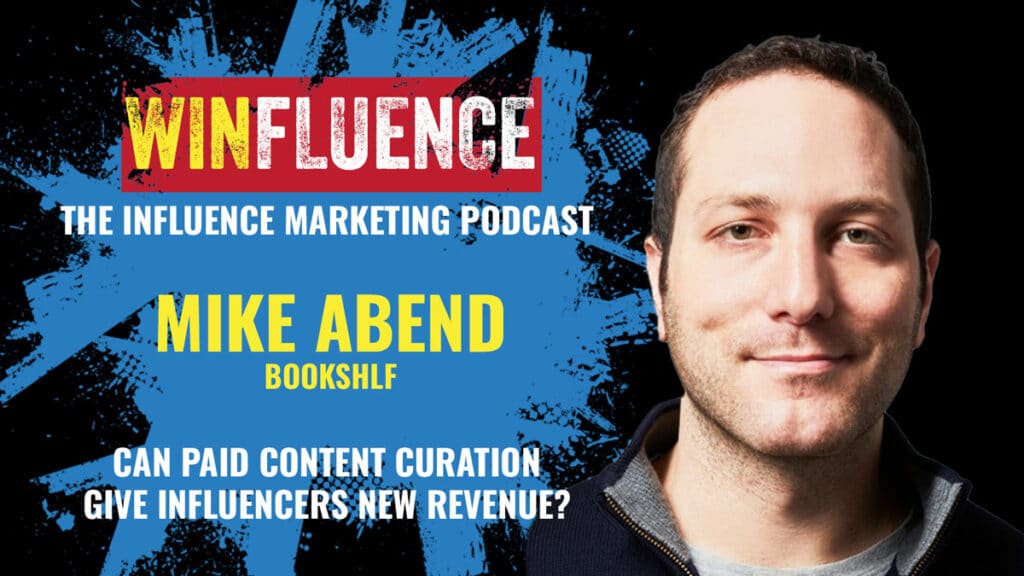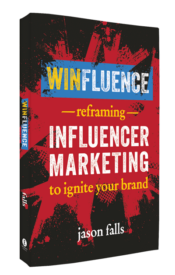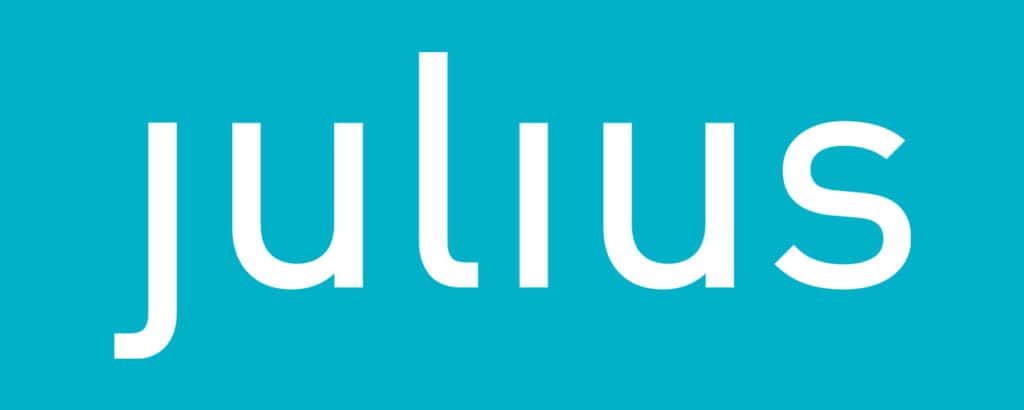I’ve had the good fortune to have built a respectable audience over the years, creating and sharing content on social networks, writing blog posts and articles, speaking at conferences and the like. My primary platform for much of that time has been Twitter. And the way I built a nice following there was by sharing good content.
At one point in time I actually wrote the following on a sheet of paper that I stuck on my office bulletin board: Twitter Strategy — Share good shit. The more I could become a trustworthy curator of content, the more people would trust me. It worked.
Back then, however, social media was different. Short form, snackable content platforms like Instagram, Snapchat and TikTok didn’t exist. Building influence back then involved writing blog posts and sharing content on Twitter. There were also social bookmarking sites that allowed you to save your favorite links to great content in one place. For a content curator, these were a godsend. Unfortunately, social media consumer behavior shifted to those aforementioned shorter-form platforms.

When blogs and articles aren’t the same level of currency, social bookmarking and curation becomes less interesting. Even I slowed—and for short periods actually stopped—sharing good shit.
A few weeks ago I received an email from the PR representative for a new startup called Bookshlf. Almost instantly, I was transported back to the time when bookmarking other sites was a big deal. This was a lot like my favorite social bookmarking site from back then — deli.cio.us. I can save and share links to great content, organized on a virtual shelf, hence the name, and I can then share that shelf. People interested in the same topic can come see my shelf and the new content on it whenever they please.
It’s the content consumer’s version of Kim Kardashian having a single web page where she says, “Here are all my favorite beauty and fashion products.” It becomes a source of influence in and of itself.
When I found out they were rolling out a way for someone’s curated content to be monetized, meaning we could make money for not creating original content, but finding good content elsewhere and sharing it? I knew I had to know more.
Co-founder Mike Abend and I sat down last week to talk all about social bookmarking, how bookshlf works and what the future holds. Will people actually subscribe to or tip good content curators? Listen to find out.
This episode of Winfluence, the podcast, is sponsored by Julius. You owe it to yourself to do a demo of Julius today!
I mention that software more than others in my book because it’s the platform I’ve been using for a few years now to find influencers, engage with them and manage campaigns. Julius has powerful filters that let me drill down find just the gardening influencers in New England. Or the people who get excited about brick oven pizza. But it certainly also gives me the mega influencers and celebrity influencers I might need to help promote anything from stationery to toothpaste.
And in most cases, it has contact information so I don’t have to go fishing to reach them.
Oh, and they have their own audience health score to help you weed out ones with suspect audiences or engagement.
All the elements of campaign management are in the software, too. I love the fact I can assign a purchase price or value to every single social deliverable that is a part of campaign, automatically track it based on the influencer using our campaign hashtag, and get an ROI report for each element.
You know I wouldn’t say this if it wasn’t true — You owe it to your brand or agency to do a demo of Julius today. Go to jasonfalls.co/julius and request one. That’s jasonfalls.co/julius.
The Winfluence theme music is “One More Look” featuring Jacquire King and Stephan Sharp by The K Club found on Facebook Sound Collection.

Order Winfluence now!
Winfluence – Reframing Influencer Marketing to Ignite Your Brand is available now in paperback, Kindle/eBook and audio book formats. Get it in the medium of your choice on Amazon or get a special discount on the paperback version of the book by clicking the button below, buying on the Entrepreneur Press bookstore and using the discount code FALLS20. That earns you 20% off the retail price. Read and learn why we’ve been backed into a corner to think influencer marketing means Instagram and YouTube and how reframing it to be “influence” marketing makes us smarter marketers.


